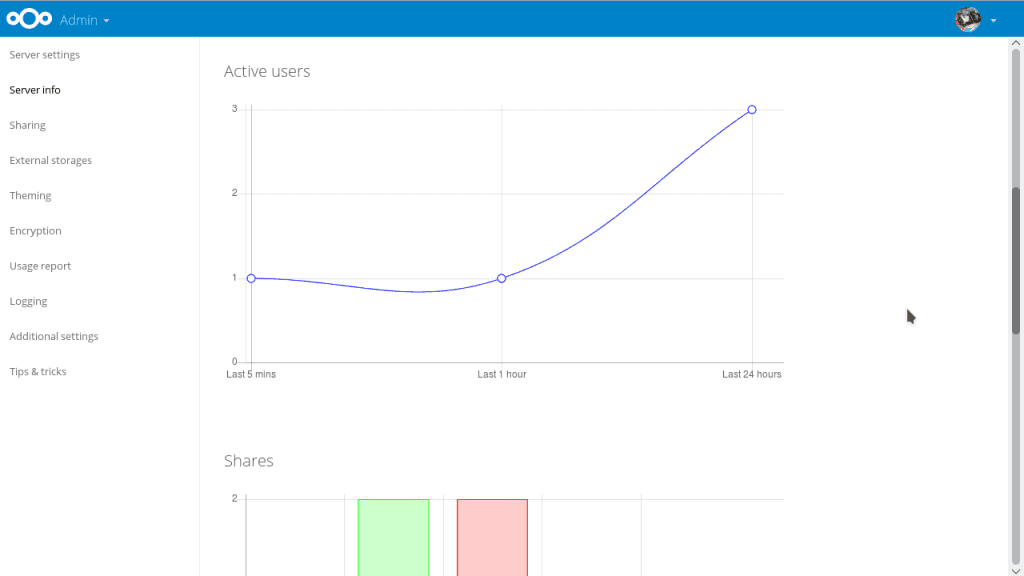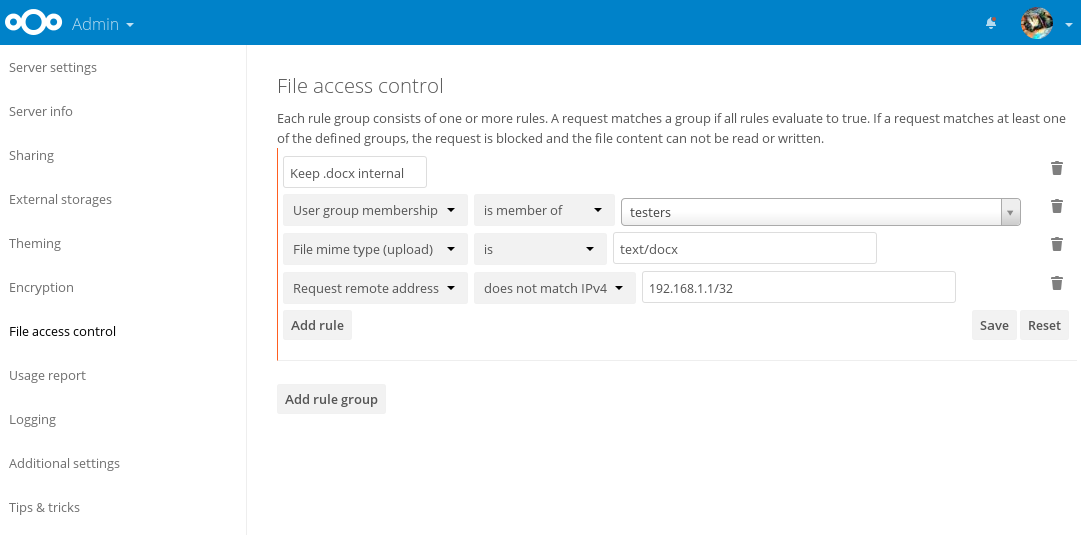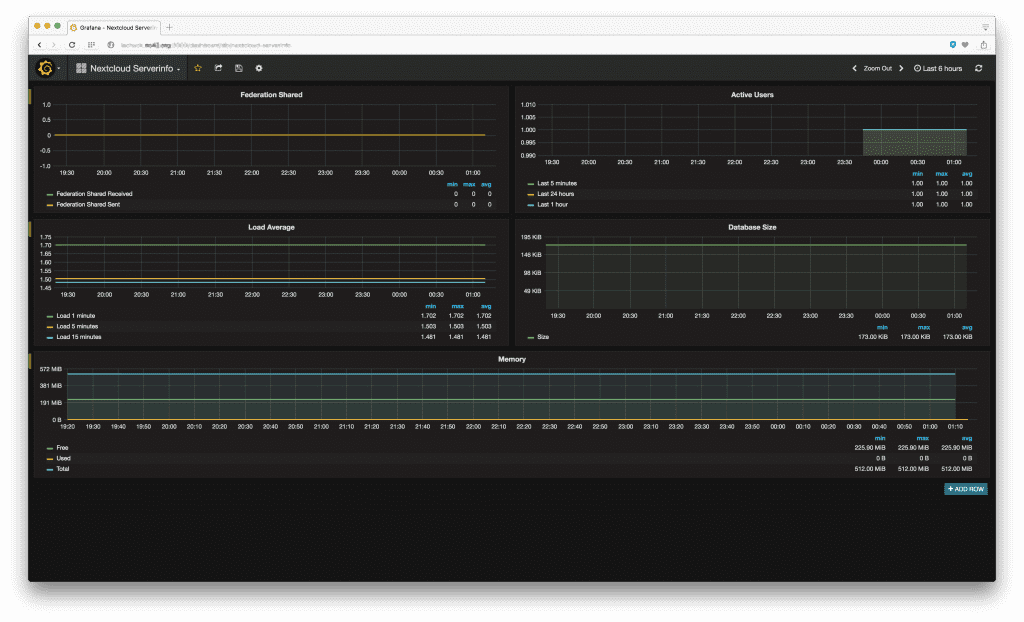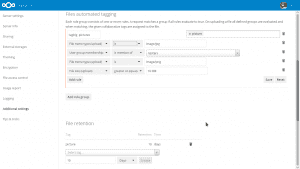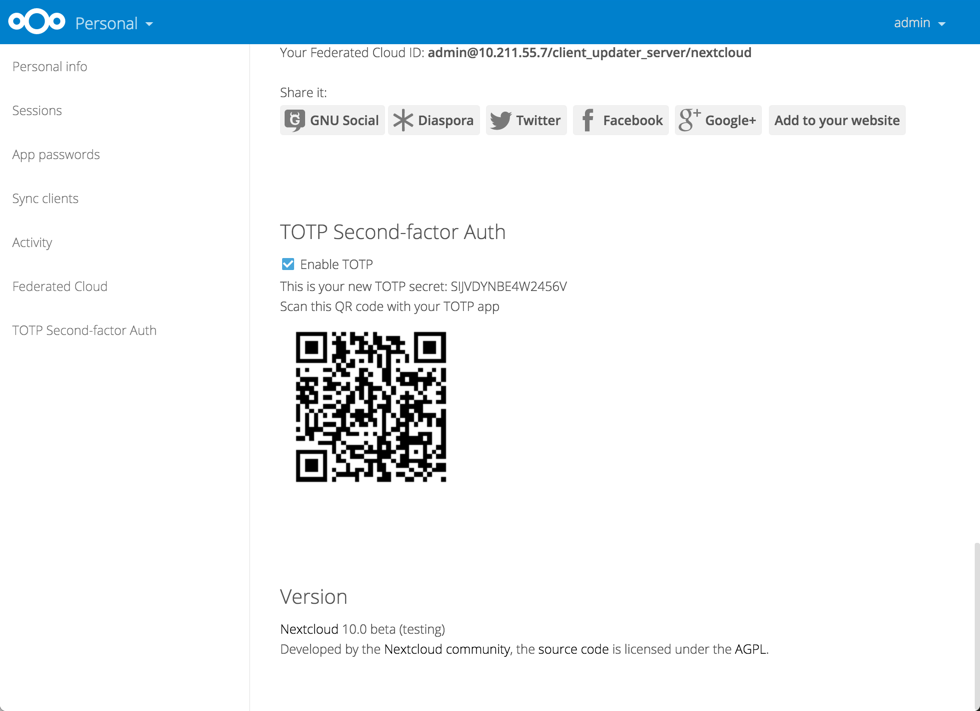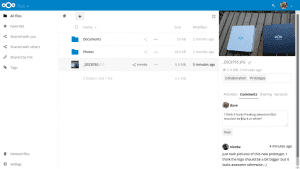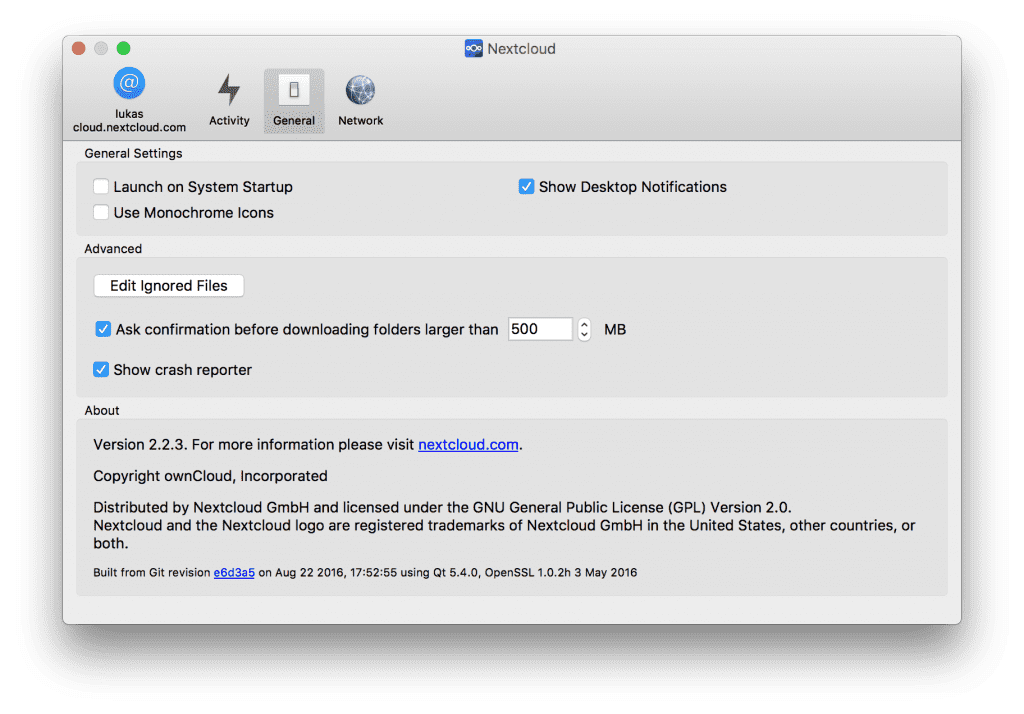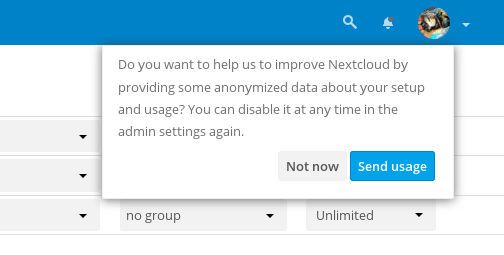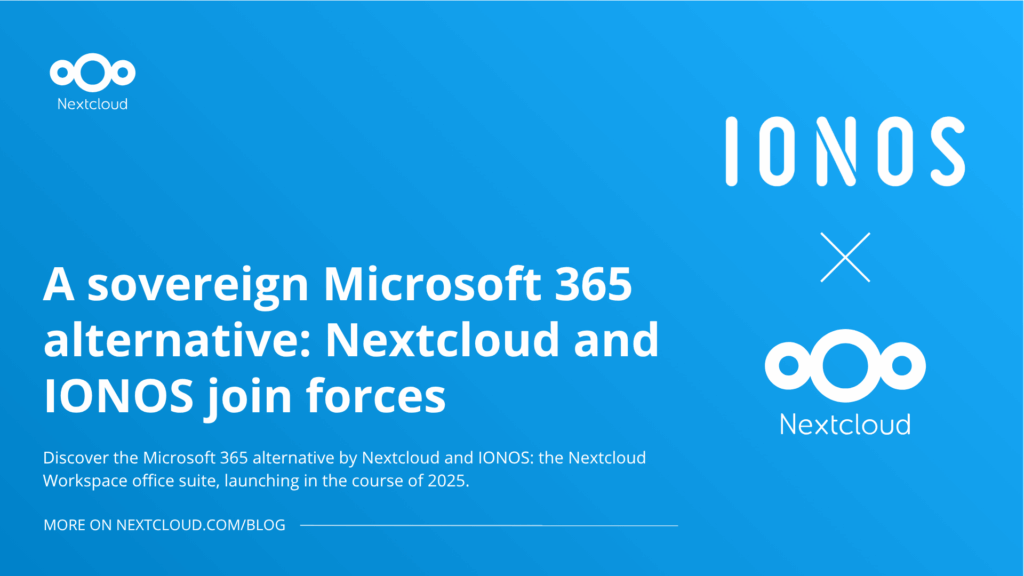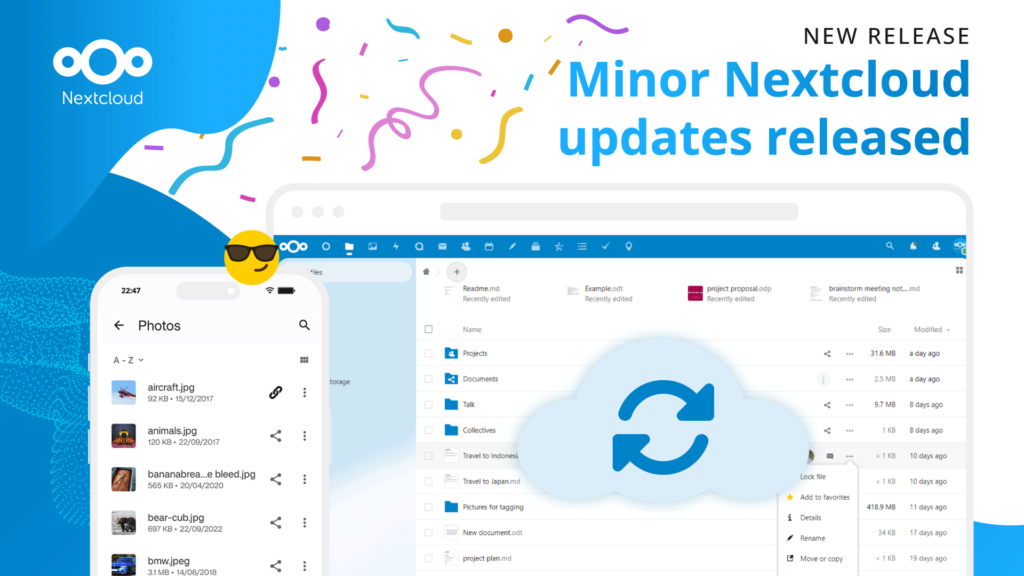Secure, Monitor and Control your data with Nextcloud 10 – get it now!
Nextcloud 10 is now available with many new features for system administrators to control and direct the flow of data between users on a Nextcloud server. Rule based file tagging and responding to these tags as well as other triggers like physical location, user group, file properties and request type enables administrators to specifically deny access to, convert, delete or retain data following business or legal requirements. Monitoring, security, performance and usability improvements complement this release, enabling larger and more efficient Nextcloud installations. You can get it on our install page or read on for details.
Control over your data and workflow
Through File Access Control and automatic file tagging, Nextcloud gives administrators control over data access by enabling them to define strict rules requests need to adhere to. If users in certain groups or geographic regions should not be given access to certain file types or if data with a specific tag should not be shared outside the company, administrators can make sure their Nextcloud instance enforces these rules. This
The Workflow engine expands these capabilities, enabling administrators to start any kind of actions based on these triggers, for example converting certain file types to PDF upon upload or emailing files put in a specified folder with a given tag to a given mail address.
File retention and deletion can also be controlled based on tags set manually or automatically, ensuring legal or practical requirements for the longevity of data lifespans can be enforced.
Faster and more reliable operation at scale
Nextcloud 10 introduces the Server Information app which provides a way for admins to monitor the health and performance of a Nextcloud system. Besides a graphical UI, an API endpoint provided makes it possible for system administrators to import this data in their monitoring app so they can keep an eye on Nextcloud operations from the same place they keep an eye on the rest of their infrastructure. The OpenNMS monitoring app already supports tracking Nextcloud 10 system data and the configuration module can be easily modified for other tools like Nagios.
“The addition of monitoring capabilities to Nextcloud makes a significant difference for system administrators”, noted Tarus Balog, CEO at The OpenNMS Group, Inc. “Gathering in dept performance metrics with tools like OpenNMS is critical for the reliability and performance of large scale deployments”
The Samba change notification support improves performance for large Windows Network Drives. By removing the need for periodic scans of the storage system, Nextcloud 10 lowers the load on both the Nextcloud and storage servers and removes the risk of conflicting changes due to the long duration of a rescan. Changes have been made to other external storage providers including Dropbox and Google Drive, speeding up access to those services while full UTF-8 support for external storage reduces the risk of access issues due to non-standard file names.
Improvements to Federation ensure that shares between Nextcloud servers don’t need to go through multiple ‘hops’ to reach the user but instead are routed directly to the recipient, improving performance in cases where multiple users on multiple servers are collaborating extensively. This is particularly relevant in large scale systems where administrators have divided the users over separate Nextcloud severs, spreading the load and improving efficiency. Federated shares are now also separated from public links and have the same permissions as normal shares, enabling users to manage them without having to care for the differences between various share types.
Background work needed to keep Nextcloud running smooth is now split up and can run in parallel, improving scalability and performance on large instances, and primary object stores now have multi-bucket support.
Authentication and security
Nextcloud 10 delivers security improvements in several areas. Plugin based Two Factor Authentication enables an optional extra layer of protection for logins, brute force protection makes it harder for attackers to guess passwords and session management is introduced to enable administrators and users to monitor and invalidate active sessions.
SAML 2.0 (“Shibboleth”) authentication in Nextcloud 10 has received some improvements to its configuration interface to make it easier to set up.
User interface enhancements
The popular Theming feature has been expanded to changing the colors of checkboxes, header fonts and more to create a more integrated look.
The Files app has seen a series of usability improvements. Teams working with many shared files and folders will appreciate the Permanent Links feature, enabling them to simply copy a browser address to each other and be confident the recipient will encounter the same file or folder even when they have moved it to a different location in their private folder hierarchy. The Files app can also show hidden files (enabled in the settings on the bottom of the left sidebar), remembers the sort order per users, scroll the file list when dragging a file or folder and gives an estimate of upload time remaining.
Desktop clients
Later this week we will make available the Nextcloud Desktop Client for Windows and Mac as well as source for Linux (some distributions already have packages available).
Give us feedback!
We ask both enterprise and home users to consider enabling the feedback app and give us some metrics about their installation, which helps us provide a better user experience and focus our work on the needs of users small and large! We obviously respect your privacy and you can configure exactly what our app sends while it is, of course, disabled by default.
The improvements in Nextcloud 10 add up to a very solid release, both for enterprise users and home administrators! You can download the new version from our install page, find documentation here and if you’re administering a server critical for your business, you can get direct access to the engineers who developed all these features through a support subscription.
We’d like to thank everybody from the wider Nextcloud community for their help and support over the last few months. We value the trust you have placed in us and we promise to continue delivering a great experience to users, an open ecosystem to contributors and the very best service and support to customers!






